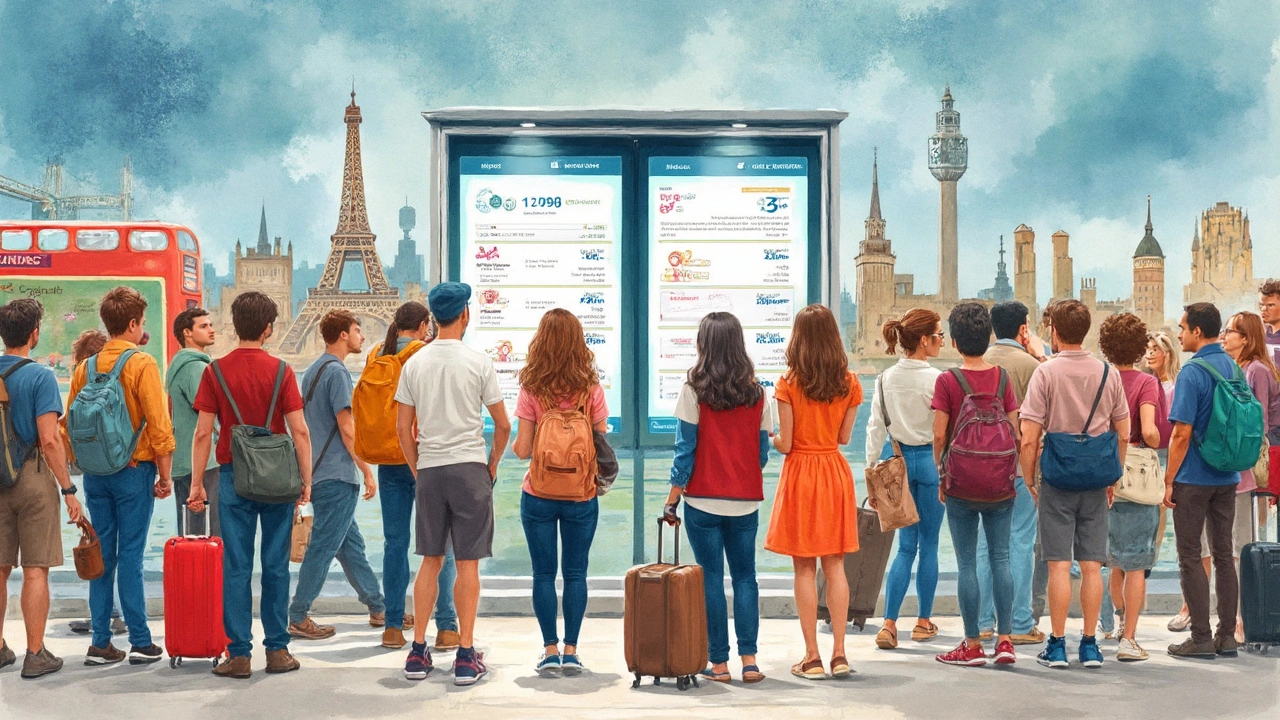Travel Budget: How to Keep Costs Low and Still Have Fun
Everyone wants a great holiday without blowing the bank. The good news is that a tighter budget doesn’t mean a dull trip. By tweaking a few habits you can see more places, eat better food, and still stay within your limits.
Plan Ahead, Save Later
Start by setting a clear budget goal. Write down how much you can spend on flights, accommodation, food, and activities. Then look for flexible dates – mid‑week flights are often 20‑30% cheaper than weekend departures. Sign up for price alerts on sites like Skyscanner or Google Flights; they send a notification the moment a fare drops.
When you find a good price, book in incognito mode. Browsers store cookies that can push prices up after a few searches. Also, consider nearby airports; a short train ride can shave off a big chunk of the ticket cost.
If you’re comfortable with a bit of uncertainty, last‑minute deals can be a goldmine. Apps that list unsold seats or hotel rooms often discount them by up to 50 % the day before departure. Just keep your schedule flexible enough to grab those offers.
Smart Choices on the Ground
Accommodation eats up a big part of any budget. Hostels, budget hotels, and Airbnb rooms in less‑touristy neighborhoods usually cost a fraction of city‑center hotels. Look for places with a kitchen; cooking one or two meals saves more than any cheap restaurant can.
Transportation is another easy savings spot. In Europe, rail passes can be cheaper than buying separate tickets if you travel a lot. In the UK, a BritRail pass or a split‑ticket strategy on the train can cut costs dramatically. For city trips, buy a daily or weekly transport pass instead of paying per ride.
Food doesn’t have to be a daily splurge. Street food, local markets, and grocery stores let you try authentic dishes without the restaurant markup. When you do dine out, look for “set menus” or “early‑bird specials” that offer a full meal for half the price.
Free attractions are everywhere if you know where to look. Museums often have free entry days, parks and beaches cost nothing, and walking tours let you explore the city on foot while learning its history. A quick Google search for “free things to do in [city]” will give you a ready‑made list.
Finally, keep track of every expense in a simple spreadsheet or budgeting app. Seeing where your money goes helps you adjust on the fly – maybe skip a pricey souvenir and spend that cash on a hidden‑gem activity instead.
Travel on a budget isn’t about missing out; it’s about making smarter choices so you can stretch each pound further. Use these tactics on your next trip and watch your savings grow while the experiences stay big.
